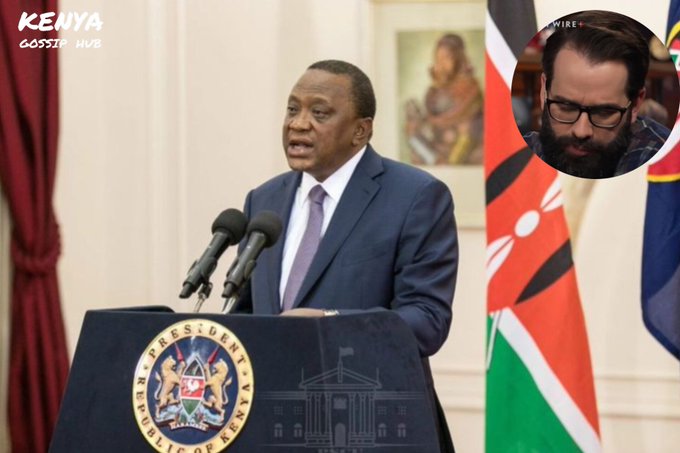Former Kenyan President Uhuru Kenyatta has garnered praise in the United States for his candid remarks urging African leaders to reduce their dependence on foreign aid.
Speaking at the East Africa Region Global Health Security Summit in Mombasa, Kenyatta addressed concerns over U.S. President Donald Trump’s recent decision to halt federal aid worldwide.
He questioned why African leaders were lamenting the withdrawal, emphasizing that the U.S. government is not obligated to provide for African nations.
Kenyatta stated, “I saw some people the other day crying that Trump has removed funding. It is not your government, nor your country, why are you crying?”
Kenyatta’s comments have been well-received in the U.S., where policymakers and commentators view his stance as a call for greater self-reliance among African nations. By encouraging African countries to develop their own funding mechanisms for critical sectors like health and education, Kenyatta highlights the importance of self-sufficiency.
He pointed out that excessive reliance on foreign aid can hinder long-term economic progress and urged leaders to see the aid halt as a wake-up call. “He has no reason to give you anything; you don’t pay taxes in America. This is a wake-up call for you to know what you’ll do to support yourselves,” Kenyatta remarked.
In his speech, Kenyatta also addressed the issue of resource allocation within African nations. He criticized the continent’s expenditure on weapons and conflict, suggesting that these resources could be better utilized in sectors such as health and education.
“Whether we like it or not, funding for these (pandemics) has to come from ourselves because we have to begin to re-prioritize what is important for us as Africans on the continent,” he noted.
He emphasized the need to prioritize the well-being of citizens over military spending, highlighting the detrimental impact of internal conflicts on development.
Kenyatta’s remarks have sparked a broader discussion about the sustainability of foreign aid and the importance of self-reliance.
By advocating for African nations to take ownership of their development and reduce dependence on external assistance, he underscores the need for strategic planning and efficient resource utilization.
His perspective aligns with a growing sentiment that while foreign aid can provide temporary relief, it is not a long-term solution for the continent’s challenges.
Instead, building robust internal systems and fostering regional cooperation are essential steps toward sustainable development.
In conclusion, former President Uhuru Kenyatta’s candid critique of African leaders’ reliance on foreign aid has resonated both within Africa and internationally.
His call for self-sufficiency and better resource management serves as a timely reminder of the importance of internal development and the potential pitfalls of dependency.
As African nations navigate the evolving landscape of international aid, Kenyatta’s insights offer valuable guidance on the path toward sustainable growth and autonomy.


